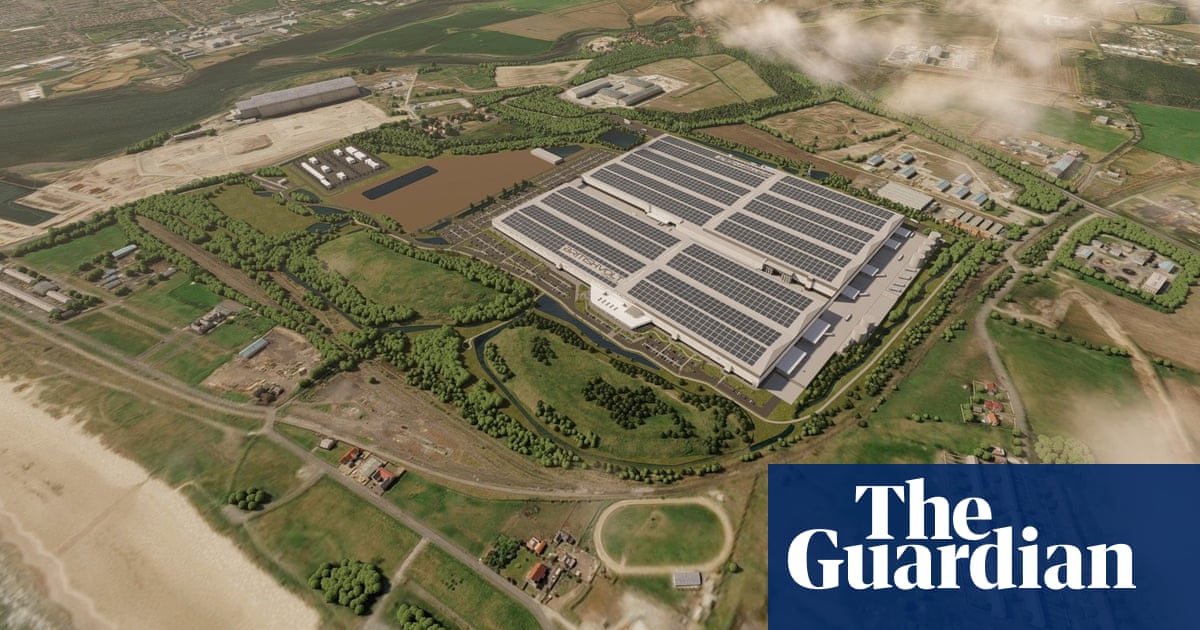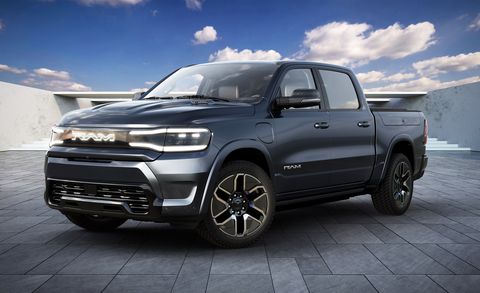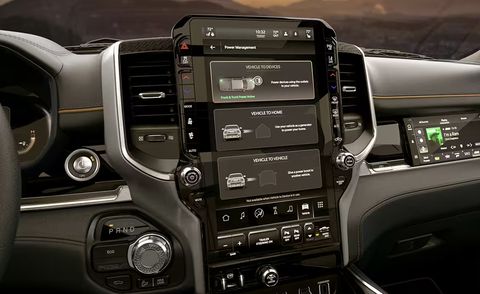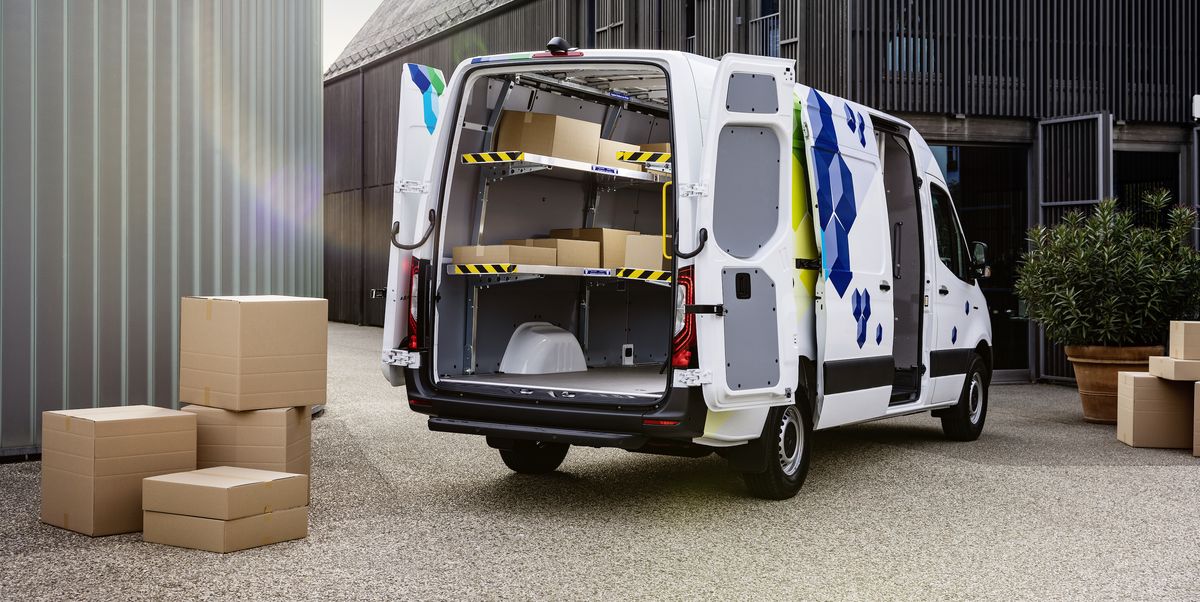petit_bateau
Active Member
Small print : The deal still needs to be finalised, which would trigger a process of paying back creditors

 www.theguardian.com
www.theguardian.com

Australian startup Recharge wins bid for collapsed UK battery company Britishvolt
Recharge, which is also planning a factory in Victoria, revives goal to build £3.8bn ‘gigafactory’ in north England










